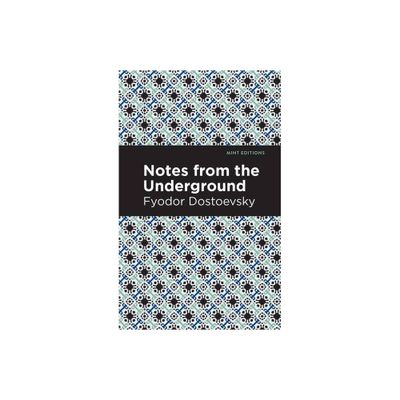Home
Spa Guest: Notes from a Baden Cure
Loading Inventory...
Barnes and Noble
Spa Guest: Notes from a Baden Cure
Current price: $16.80


Barnes and Noble
Spa Guest: Notes from a Baden Cure
Current price: $16.80
Loading Inventory...
Size: Paperback
*Product Information may vary - to confirm product availability, pricing, and additional information please contact Barnes and Noble
"I cannot read Hermann Hesse without feeling that I am drawn into the presence of a deeply serious mind, a mind that is searching for the meaning of life." - Carl Jung
A new translation of Hesse's 1925 "Spa Guest", also translated "Resort Guest" (in German "Kurgast"). This edition also contains an epilogue by the translator, a philosophical glossary of concepts used by Hesse and a chronology of his life and work. Hesse won the Nobel Prize in Literature in 1947. He also received the Goethe Prize of Frankfurt in 1946 and the 1955 Peace Prize of the German Booksellers.
"Spa Guest: Notes from a Baden Cure" is a critique of the superficiality of society, especially intellectual bourgeois society. The protagonist reconciles himself with life through laughter and connects with nature as a representation of the inherent unity of the world. This novel portrays Hesse's disdain for the intellectual bourgeois world and emphasizes the importance of authentic connections with nature.
A new translation of Hesse's 1925 "Spa Guest", also translated "Resort Guest" (in German "Kurgast"). This edition also contains an epilogue by the translator, a philosophical glossary of concepts used by Hesse and a chronology of his life and work. Hesse won the Nobel Prize in Literature in 1947. He also received the Goethe Prize of Frankfurt in 1946 and the 1955 Peace Prize of the German Booksellers.
"Spa Guest: Notes from a Baden Cure" is a critique of the superficiality of society, especially intellectual bourgeois society. The protagonist reconciles himself with life through laughter and connects with nature as a representation of the inherent unity of the world. This novel portrays Hesse's disdain for the intellectual bourgeois world and emphasizes the importance of authentic connections with nature.


















